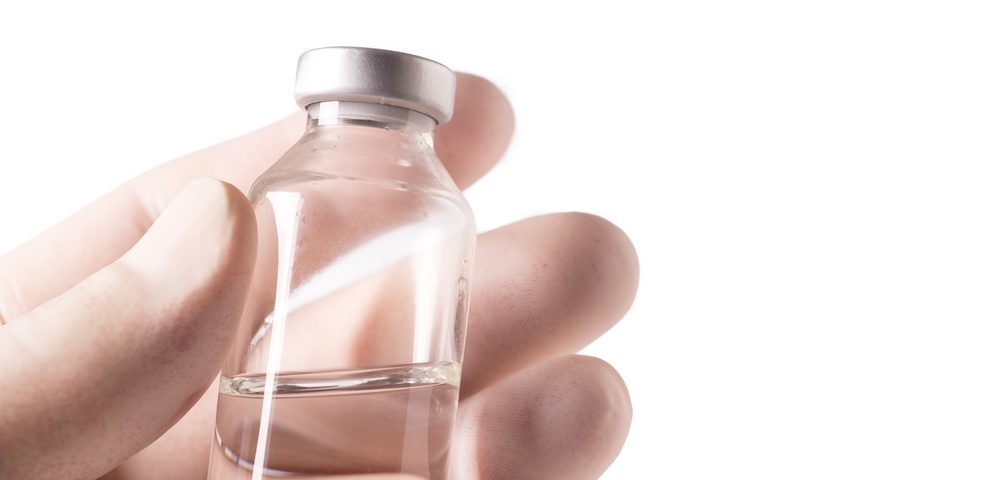Treating patients with Remicade (infliximab) up to four weeks before a joint operation poses no more infection risk than stopping the therapy 8-12 weeks before the survey, according to a study.
The research, “Perioperative timing of infliximab and the risk of serious infection after elective hip and knee arthroplasty,” was published in the journal Arthritis Care and Research.
“These results may help us to feel more comfortable holding [these drugs] closer to the time of surgery,” Dr. Cassandra Calabrese, a rheumatology and infectious disease fellow at Cleveland Clinic Foundation in Ohio, wrote in a perspective piece.
Remicade is a tumor necrosis factor (TNF) alpha inhibitor used to treat autoimmune diseases such as psoriasis. Previous research has suggested that the therapy’s use is associated with an increased risk of infection after surgery.
To assess whether withholding treatment lowers the risk of infection, Dr. Michael George and colleagues at the University of Pennsylvania’s Division of Rheumatology analyzed 4,288 patients who had elective knee or hip surgery between 2007 and 2013. The patients had a range of conditions, including rheumatoid arthritis, inflammatory bowel disease, psoriasis, psoriatic arthritis and ankylosing spondylitis. All had been treated with Remicade within six months of their operation.
The team examined the connection between the date that patients stopped using Remicade before surgery and two categories of infection. One category was infections requiring hospitalization within 30 days of surgery. The other was prosthetic joint infections (PJIs) within a year of surgery.
Researchers found that infections requiring hospitalization occurred in 6.3% of cases following surgery. However, the risk of hospitalization was the same for those who stopped taking Remicade within four weeks of surgery and those who stopped taking it 8-12 weeks before surgery.
The PJI rate was 2.9 per 100 people-years. It was no higher in patients who stopped taking Remicade within four weeks of surgery than in those who stopped taking it 8-12 weeks before their operation.
Researchers also discovered that taking more than 10 mg per day of glucocorticoid in the month prior to surgery was associated with an increased risk of infection. A glucocorticoid is a substance involved in the metabolism of carbohydrates, proteins, and fats that has anti-inflammatory qualities.
Other factors increasing the risk of infection following joint surgery included older age, other illnesses, surgery to correct problems from previous operations, and previous infections requiring hospitalization, researchers said.
The American College of Radiology (ACR) and the American Association of Hip and Knee Surgeons are expected to issue joint recommendations later this year on measures to manage rheumatic disease medication during hip and knee replacement operations.


